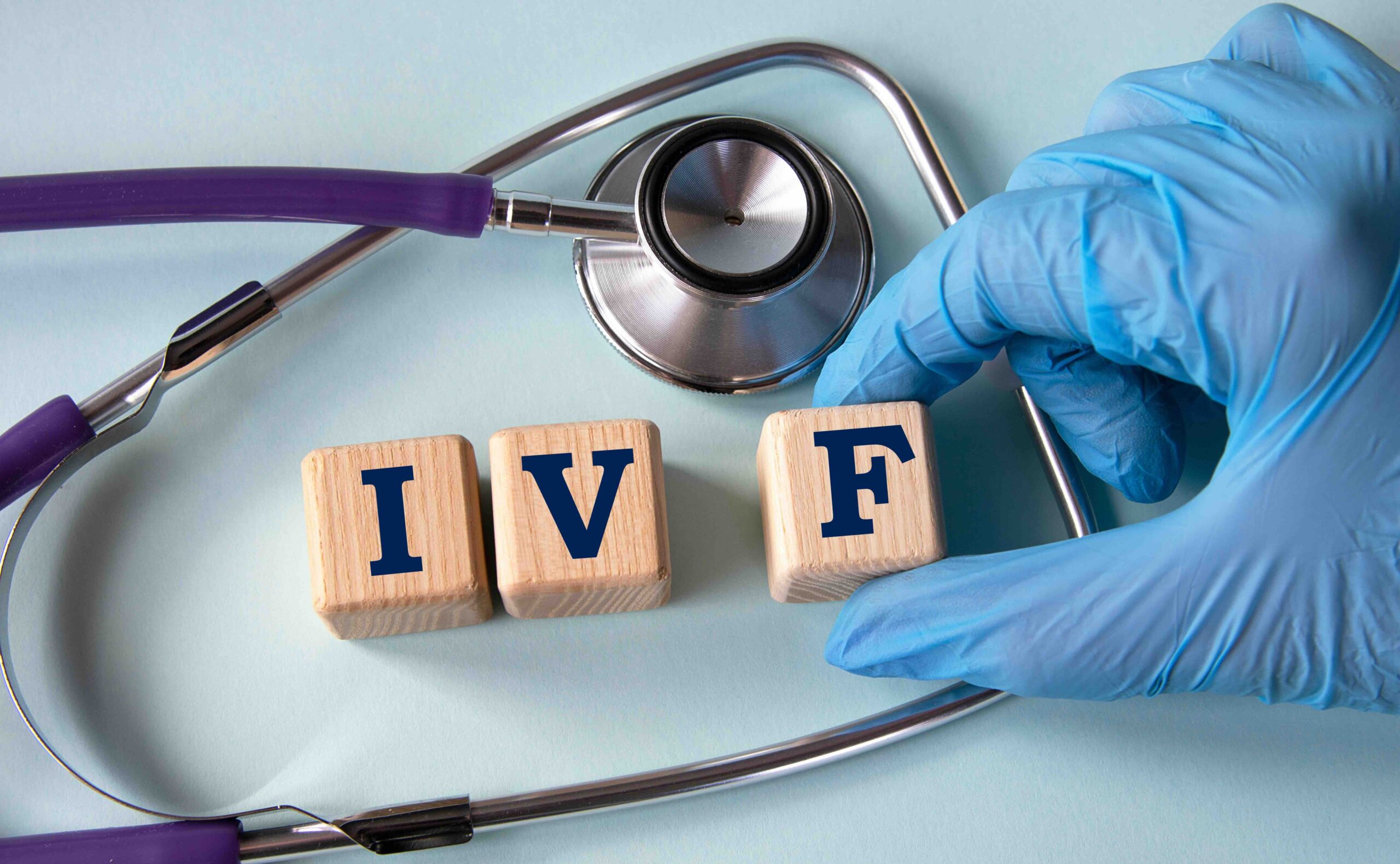There has been a lot of talk lately about surplus embryos and what to do with them. In Victoria, there are three options: surplus embryos can be donated to research, disposed of, or donated to other infertile people. Recently, the Infertility Treatment Authority announced that it is considering a new policy – allowing people to choose the recipients of their embryos. This is a contentious proposal that raises many ethical questions.
Should donors be able to choose recipients on the basis of cultural and religious background or sexuality? Is this unfair discrimination? Will the possibility of a relationship between donors, recipients and children complicate parental roles?
There are conflicting views about “directed” embryo donation. The recent Victorian Law Reform Commission’s Report on Assisted Reproductive Technology and Adoption recommends that “donors should not be permitted to specify the qualities or characteristics of the unknown recipients of their donated gametes or embryos”. To avoid the possibility of unfair discrimination, they recommend that directed donation should be limited to recipients that are known to donors. Melbourne IVF chairman Lyndon Hale suggests that allowing directed donation might help increase the number of people willing to donate embryos. However, Donna Howlett, managing director of Monash IVF, believes that directed donation would make things more difficult for potential recipients.
It is not just policy makers who disagree about directed embryo donation. When we asked people with surplus embryos for their views, we found a wide range of opinions.
Some people with surplus embryos said that they might be more likely to donate if they knew something about the recipients and their family life. They suggested that knowledge of family background, occupation, religion, sexual orientation, health status and previous criminal record might be helpful.
Others said that they were uncomfortable about the possibility of choosing the recipients of their embryos. They too raised concerns about unfair discrimination against particular groups.
People in our study were asked to respond to the possibility of maintaining ongoing contact with children that resulted from their donation. Some felt that this possibility would make it easier for them to donate. Others said that it would be unfair for a child to have several adults in potentially competing roles.
What is clear is that people have different ideas about what’s right for them and for children and that parenting has different meanings for different people. Some people strongly believe that genetic relatedness defines parenthood and would rather dispose of their surplus embryos or donate them to research than allow someone else to raise “their” child.
Some people believe that donating gametes or embryos generates ongoing responsibilities for children. They believe that having a say about who will raise “their” offspring is one way to fulfil their obligations. Some children born from donated gametes or embryos share this view and believe it is their right to know their genetic parents.
But not everyone attaches the same significance to genetic relatedness. Some embryo donors are happy to transfer parental obligations to recipients. They accept that a person who raises a child is that child’s parent.
Scientific advances have complicated the question of what makes a parent.
When reproduction was done “the old fashioned way” there was only one mother and one father – a woman who gave birth to a child was this child’s mother and her husband was presumed to be the child’s father (unless, of course, evidence to the contrary existed).
In the normal course of events, biology defined parenthood and “blood ties” determined which individuals would raise which children. But things are not so simple now.
It is now possible for a child to have many different “parents”: genetic, gestational, social and legal. This forces law and policy makers to consider which features determine parenthood and to attempt to decide between competing claims for parental status. This is reflected in the Victorian Law Reform Commission’s recent inquiry into how the law should recognise parents in different types of families.
Perhaps it is time to accept that there is more to parenting than just biology and to abandon the idea that different “parents” (genetic, gestational, social and legal) are in competition. We could simply accept that a child can have more than two parents that all of them can play roles in raising that child. After all, we have known for a long time that “it takes a village”.
Embryo donation is one way to acknowledge that there is more to parenthood than genes. Although directed donation raises difficult questions around discrimination, it also respects different views about what is best for children. It allows the possibility that people can negotiate what makes a family and who is a parent.
First published in The Age on 3 September 2007
